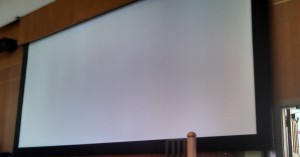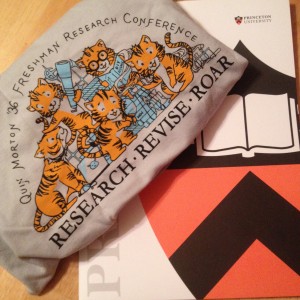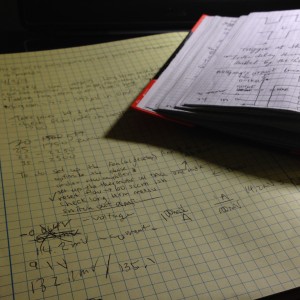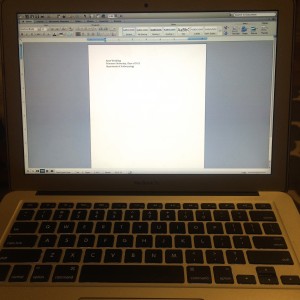
Winter break is coming.
But that also means that, much as we would like to avoid it, reading period is also approaching more quickly than we might like. While that’s the last thing we want to be reminded of going into winter break, it helps to think ahead for planning. As a student doing independent work in the Electrical Engineering Department, I am required to submit a report during reading period summarizing what I have achieved during the semester. However, as that time draws closer and closer, I still don’t feel like there is necessarily a conclusive midway point in my research. I have to start asking myself: what exactly did I do this semester? What were my goals coming in and how far have I gone to reach them? Continue reading Tis the Season: Reorienting Your Research Goals





